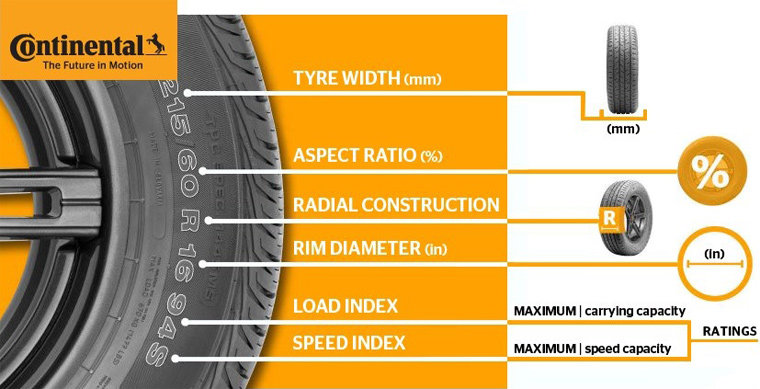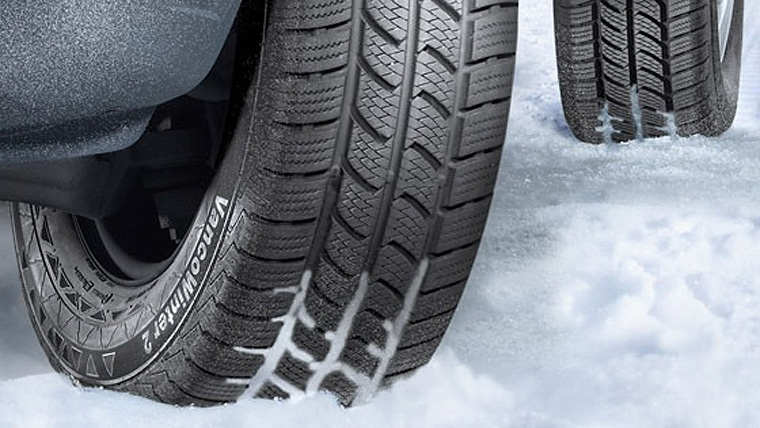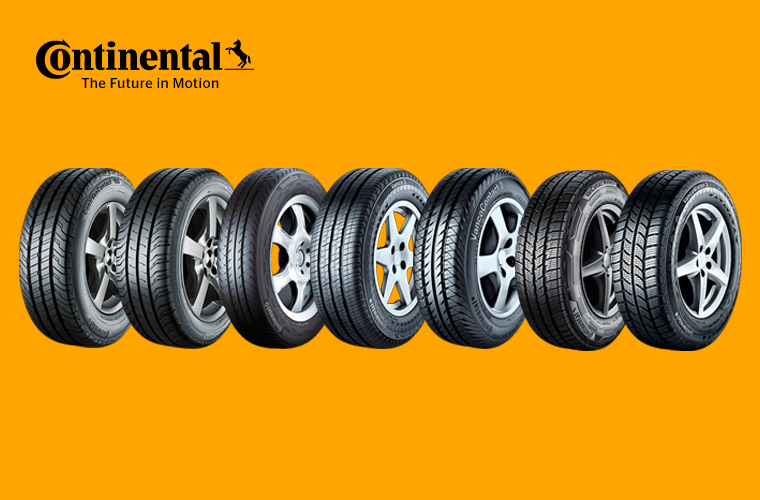Fitting good van tyres makes a massive difference
Is a van responsible for driving the success of your business? If your business runs one or more vans, you’ll know just how important these vehicles can be. You’ll also be aware of how vital it is to keep them well maintained, because any downtime will have a direct effect on productivity and customer satisfaction. Your bottom line, in fact.
This article looks specifically at one key aspect: van tyres. Why? Because choosing the right tyres for you van, or van fleet, can not only boost productivity but – over time – reduce downtime and costs too.
Vans need dedicated, specialist tyres
Formally classed as “light commercial vehicles”, vans are the ultimate versatile business machine. Not only are the standard panel vans that roll off the factory floor capable of carrying awkward, heavy loads, there’s also the potential to customise them for an unending amount of variants and conversion options, specifically for every business’ need. But while the variety of van types is diverse, what links them all together is that they don’t spend their time idly on driveways or in the car park looking pretty. They’re out on the road working hard – all day, every day.
So, what about the tyres used for vans? Working with Continental Tyres – the world’s leading premium van tyre manufacturer – BestDrive by Continental have put together five important van tyre considerations, to help inform your next purchase.
Heavy, uneven loads can be dangerous
The fitment of bulkheads and load tethers helps to ensure that the movement of cargo around the back of the van is minimised, and is essential for the driver’s safety. However, if you, or your driver, are undertaking a lot of deliveries, the cargo can end up unevenly distributed, or just downright heavy in the first place. Whatever the situation, the weight and its distribution directly affects the vehicle’s handling. While an experienced van driver will have a feel for these circumstances, and compensate for it, ultimately it’s the van’s tyres that will keep the vehicle on the road.
This is why structural strength is a no-brainer. Choose radial tyres, because these are reinforced with “plies”, or belted layers of polyester and steel. Depending on the vehicle, and the maximum anticipated payloads you’re transporting, you should either opt for 6 or 8-ply radials.
Driver and cargo safety are paramount
Whatever vehicle you’re driving, there are times when you need to hit the brakes and stop safely – and fast. This isn’t usually an issue if the road is dry, but if it’s wet – not an uncommon phenomenon, given our weather in Ireland – your van’s tyres can make all the difference. Well-designed tyres, made from high quality rubber compounds, will grip wet roads better, and that means shorter stopping distances and reduced risk of aquaplaning – whatever you’re driving.
But if you factor in heavy, often uneven loads, you can see why fitting good tyres to your van or vans could make all the difference in a situation like this, and help protect your employees and other road users.
Fuel economy will affect your bottom line
Even if you only run one van, it’s out all day running up high mileage. The tyres you choose play a significant role in determining fuel economy. While this may not be so important for an occasional car driver, for SMEs and larger companies operating van fleets the savings – or expenses – add up fast. There’s also CO2 emissions to consider too. Look out for tyres with low rolling resistance, such as Continental’s highly regarded ContiVanContact™ 200.
Wear and tear is a factor
It’s tempting to take a short-term view and fit less expensive tyres – but there’s a catch. Cheaper tyres – due to the low-grade rubber compounds used in their construction – don’t last as long, and with the high mileage you put your vans through each year, there’s a double-whammy:
- You require more frequent tyre changes and administrative hassle, resulting in
- More off-the-road downtime, and that means lower productivity
You’re better off investing a little more up front of high quality, durable premium tyres. Not only will they last longer, they’ll perform better too – and keep you safer on the road.
Winter is coming
Unlike in Germany – where all drivers switch at the start of the season – in Ireland we don’t tend to change over to winter tyres. One of the reasons is that we wrongly assume winter tyres are snow tyres. This is a myth. In fact winter tyres are designed for use when the temperature gets cold – 7°C or below. Simply put, the compounds that winter tyres are made from are more supple and malleable, and as a result this makes them much better at gripping cold, wet roads, compared to summer tyres in the same conditions.
Just occasionally, however, it does snow in Ireland. It’s rare, but even a light snow covering is enough to bring the nation to a halt. The summer or all-season tyres that most people fit to their vehicles – including vans – just can’t cope. Winter tyres allow you to carry on safely, or – if the snow’s really bad – at least get you to safety.
Tyre pressures
If the tyres you buy for your van are going to perform in terms of safety, longevity and fuel economy, it’s crucial to regularly check and adjust their pressures. If inflation is too low, the tyres will wear down much faster, and you’ll need to use much more fuel. You’ll also destabilise your vehicle, making it harder to control when braking, and when cornering.
Always maintain the correct tyre pressures and remember to adjust them when carrying heavier loads.
Premium van tyres are worth that little bit more
Leading premium tyre maker, Continental, offer a wide range of high quality tyres for all types of light commercial vehicles. With their huge, ongoing investment in research and development – which is just as rigorous as for their car tyres – you know that when you buy Continental van tyres you’re also buying a quality product that’s designed to last, save you fuel, and – above all – keep you and those around you safer on the road.
BestDrive by Continental – You drive, we care.







